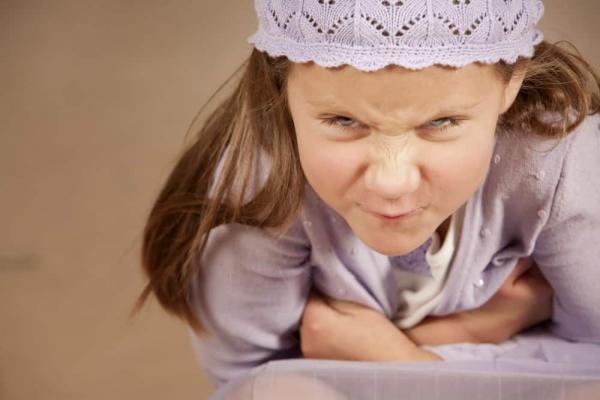
As a school child in the 90s, I remember sitting around the reading rug singing songs about how special I was, using a "peace mat" to resolve playground conflicts, and listening to a weekly self-esteem lesson with the school counselor. This type of "I love me" curriculum, common throughout the 1980s and 90s, has a profound impact on parenting today. We really internalized the idea that we are all special little snowflakes, destined to take on the world. Now, we're promoting that same sense of self-regard for our kids.
In a March 2015 article published in Proceedings of the National Academy of Sciences, researchers relate that parents who globally praise their children or offer praise based on character traits instead of behavior, are more likely to raise narcissists than parents who have lower regard for their children. The study emphasizes that parents who place a high value on their kids' unique attributes praise their kids in a way that's actually harming their emotional development.
At the heart of this issue is an uncomfortable premise. We, as parents, need to accept that our kids really aren't that special. When we assume our children deserve to become celebrities, professional sports players, musical prodigies, or gifted academics, we do them a great disservice. As hard as it is to admit, most of our kids will grow up and become regular people in regular jobs living regular lives.
And that's ok.
When did normal become less-than? We treat child development as a grand experiment to produce extraordinary offsprings, so we can look impressive to others. If we're being honest, that is the disturbing reality behind many of our parenting decisions. We say we do it for our kids' benefit, which may be true, but there is no guarantee that raising a wildly successful adult will also lead to a wildly happy adult. Worldly success is not directly correlated to fulfillment, even though we treat the two terms as interchangeable.
As parents, we need to clarify our goals in child rearing. If you had to choose, would you rather a happy child or an impressive child? If you choose happy (or fulfilled, or joyful or self-satisfied), then you need to rein in the indiscriminate praise. It's not good for your child, and it's not doing him any favors.
So, does that mean we should adopt an aloof, cold demeanor with our kids? Of course, not. There is a middle ground here. We need to retrain ourselves to praise our children correctly. Instead of complimenting a child's character, we need to focus on effort and growth. For example, instead of telling your kid, "You're such a great soccer player," try, "You had a great hustle today," or, "Nice job improving your defense." We can bolster our child's healthy self-esteem without creating a narcissistic little monster.
Also, don't shy away from constructive criticism. Tweens and teens are most successful when they focus their efforts on their strong areas, whether that is an individual sport, musical instrument or academic subject. It's incredibly hard for kids to judge their strengths if they've never received criticism. Tactful criticism will not destroy your relationship with your child. Just keep it constructive and on point for the topic at hand.
If you're worried about over-valuing your child, Ohio State University has a short, two-minute questionnaire you can use to see you how relate to other parents. If you find that you place too high a value on your child's unique attributes, reevaluate your praise. After all, no amount of personal success will compensate if your child turns into an adorable little narcissist.

